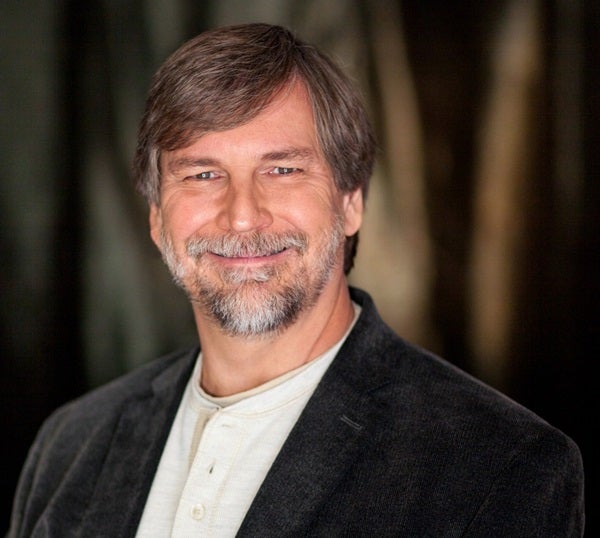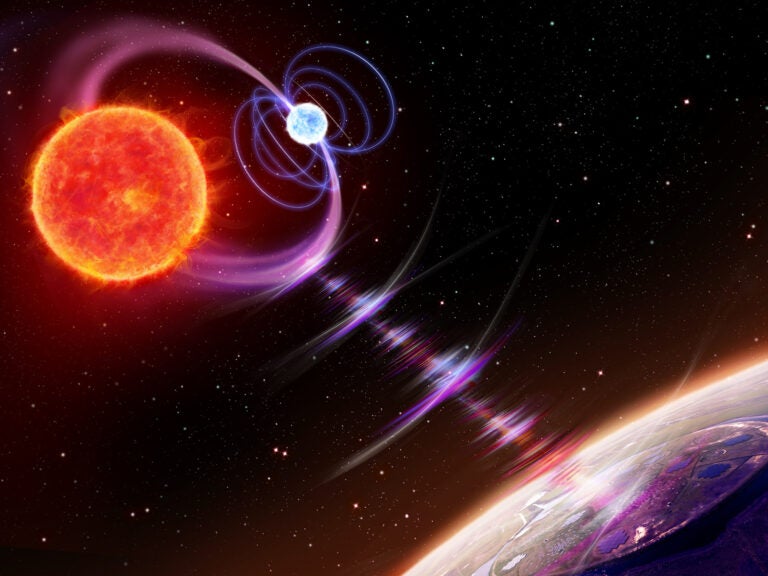So asks many an undergraduate upon reading the syllabus of an introductory astronomy course. Schadenfreude aside, it’s actually not a bad question.
In 1959, Nobel Prize-winning physicist Eugene Wigner took a run at the topic. Three centuries earlier, Galileo was characteristically eloquent when he said, “Mathematics is the language in which God has written the universe.” Wigner didn’t disagree. “The mathematical language,” said Wigner, “has more to commend it than being the only language which we can speak; it shows that it is, in a very real sense, the correct language.”
But Wigner was anything but sanguine about that observation. In his provocatively entitled essay, “The Unreasonable Effectiveness of Mathematics in the Natural Sciences,” Wigner argued that the scientific utility of math is downright miraculous. “It is not at all natural that ‘laws of nature’ exist, much less that man is able to discover them.” That is quite a statement from the guy who was largely responsible for introducing group theory to physics!
To understand what Wigner was on about, we need to start, as did he, with just what we mean by mathematics. In 1964, Supreme Court Justice Potter Stewart commented that he really couldn’t define just what pornography is, “but I know it when I see it.” Wigner defines mathematics as “the science of skillful operations with concepts and rules invented for just this purpose.” It’s difficult to say which definition is more vague. Granted, Wigner’s definition encompasses algebra, geometry, calculus and the five dozen or so other distinct pursuits that one might find listed on mathematicians’ resumes. But it also encompasses refereeing a football game as well.
Award-winning mathematician and AAAS Fellow Keith Devlin offers a very different definition, upon which most mathematicians today would agree. “Mathematics,” writes Devlin, “is the science of patterns. What the mathematician does is examine abstract ‘patterns.’ . . . [Those patterns] can arise from the world around us, from the depths of space and time, or from the inner workings of the human mind.” So to say that something is “mathematical” is really no more or less than to say that it characterizes and is characterized by pattern.
Given that deeper, more meaningful definition, try to imagine a universe without mathematical laws. In such a universe, lacking pattern, how could any structure exist at all? Matter, energy, space, and time: All of these are patterns.
Without patterns, there would be no galaxies, no stars, no planets, no atoms, and no chemistry. There would be no foundation upon which to build the elegant structures of intelligent life and conscious thought. In a universe without mathematical laws, there could be no us! Rather than being “unreasonable,” the effectiveness of mathematics in natural science might better be described as a necessary precondition for . . . well, for just about anything.
That still leaves Wigner’s second and frankly more interesting question: Why should the mathematics governing the universe be discoverable by mere mortals? Ironically, Wigner answers his own question without realizing it.
“It stands to argue,” says Wigner, “that the concepts of mathematics, which invite the exercise of so much wit, have the quality of beauty.” Beauty, as they say, is in the eye of the beholder. And in this instance, the beholder is the pattern-recognition circuitry of the human brain.
It’s trendy to talk about how the universe is fine-tuned for our existence. That statement is, of course, exactly backward. The universe is not fine-tuned for us. It is us who are fine-tuned to the universe by evolution. Our brains evolved to do one thing: They keep us alive. How surprising is it, then, that the mathematical patterns to which our brains are most attuned are the very patterns and regularities of nature upon which our survival depends? Of course we have the potential to understand physical law. How could it be otherwise?
The flaw in Wigner’s thinking lies in his failure to appreciate the deep connection between the patterns that govern our world and evolved neural networks tuned to those patterns. “Certainly,” writes Wigner, “it is hard to believe that our reasoning power was brought, by Darwin’s process of natural selection, to the perfection which it seems to possess.” Were Wigner correct — had human intelligence not evolved in response to the constraints of physical law — then yes, the effectiveness of mathematics in natural science might well be an unreasonable miracle, beyond our comprehension. But that’s not the case.
Writing in 1959, Wigner knew little about the evolutionary origins of human intelligence. If he had, perhaps instead of unreasonable he would have called the effectiveness of mathematics in natural science a wondrously unavoidable consequence of what it is to be human.











